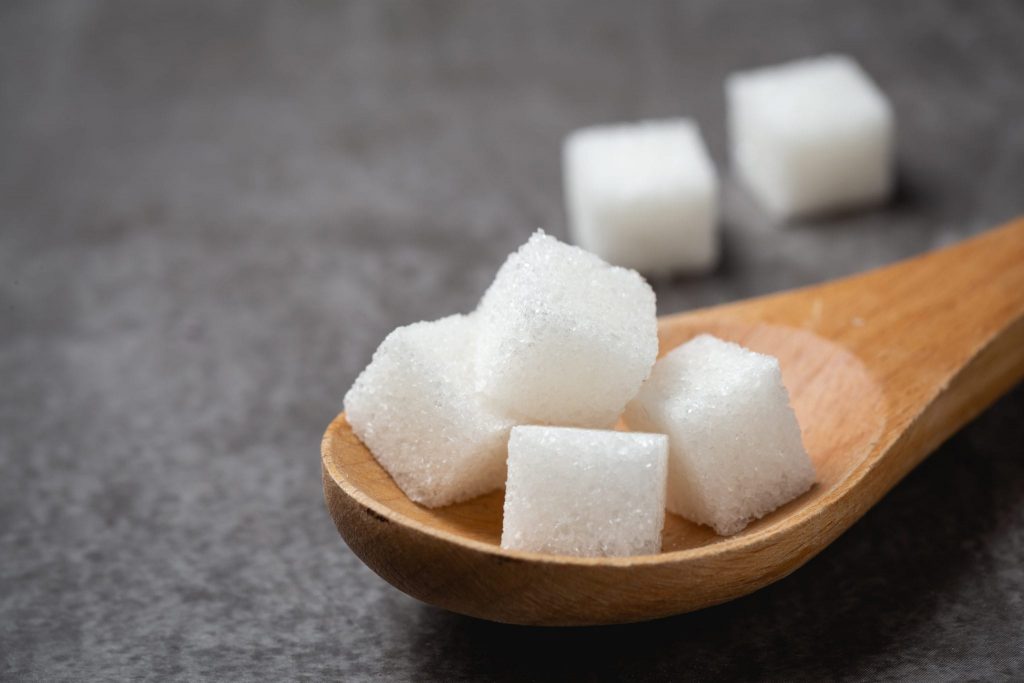
The consequences may not be the most pleasant: from headaches to hormonal failure.
Persistent headache
An irritating headache may appear every other day without carbohydrates. And this is a predictable side effect, especially if you have not previously limited yourself in sugar.
Fatigue
The absence of a simple and understandable source of energy for the body will inevitably lead to the fact that you will constantly feel tiredness and drowsiness.
Mood swings
Without carbohydrates, you will not become such a pleasant conversationalist for others. And irritability is not the worst that can happen. A low-carb diet often leads to depression.
Digestive disorders
Probably, a lack of carbohydrates in the diet will be accompanied by bloating. Constipation is one of the likely consequences of overly restrictive dietary restrictions. The problem can be solved if you drink enough water and consume enough fiber.
Inability to concentrate
The usual tasks will take you more time because the first step in any undertaking will be an attempt to concentrate. To concentrate, the brain needs a constant supply of energy. The absence of its sources leads to distraction.
Dehydration
Carbohydrates trap water in the body, so their sharp reduction in the diet will lead to a rapid loss of several kilograms. But this has nothing to do with fat loss, it only applies to the fluid.
Starvation
The body will respond to a sharp restriction of carbohydrates in the diet, and then move on to demanding an ultimatum in order to return it to its usual source of energy. Food will take up a large portion of your thoughts.
Change in eating habits
The lack of fast carbs will make you take a fresh look at foods containing sugar. After a while, you will see how sweet fruits and milk can be.
Weight loss
If you exclude carbohydrates, scales sooner or later show weight loss. There may be two reasons for this.
Ketosis. When the amount of carbohydrates in the diet is extremely small, the body begins to use fatty acids and the metabolism of ketone bodies as energy. To get into ketosis, you need to consume enough fat.
The decrease in total calories. The principle that all diets work on: consume less than you spend. If you not only started to eat fewer carbohydrates but also began to eat less, weight loss is a logical consequence.
Hormonal changes
Lack of calories and carbohydrates can change the level of production of the following hormones.
T3 – thyroid hormone. Studies show that a tough diet can lower hormone production, and a lack of carbohydrates affects the thyroid gland to a greater extent than a balanced one with nutrients.
Cortisol is a stress hormone. The absence of carbohydrates increases its production, which negatively affects the functioning of the basic systems of the body.
Testosterone. According to studies, a low-carb diet reduces the production of this testosterone.
Picture Credit: Freepik
